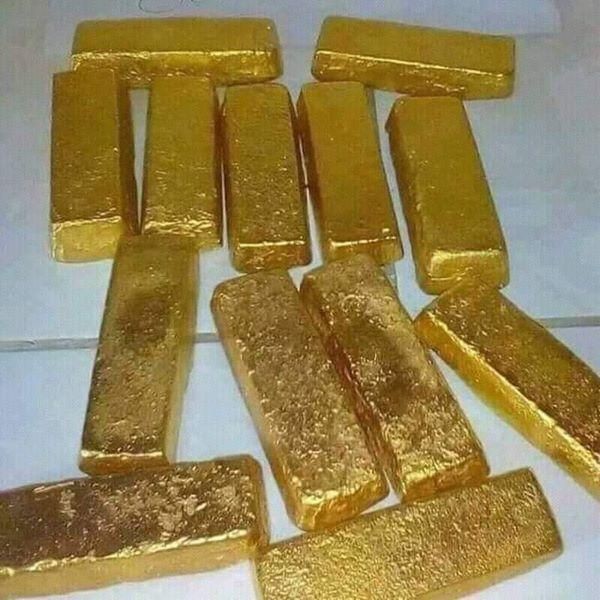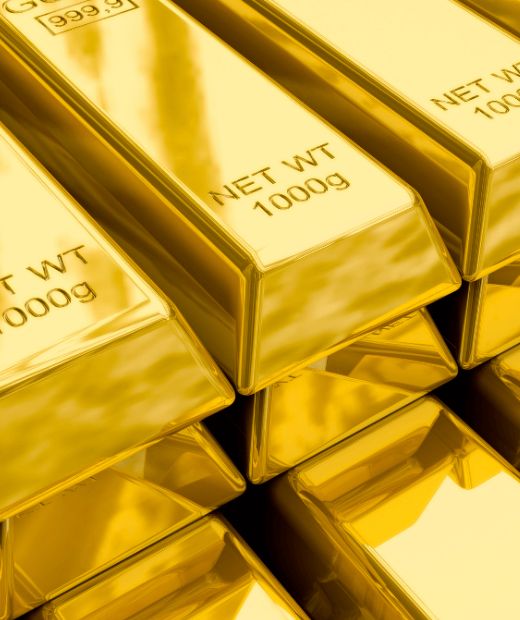Understanding Gold Purities In Africa| A Guide for investors in 2025
Understanding gold purities in Africa comes with its timeless allure and intrinsic value, remains one of the most sought-after commodities globally. In Africa, the gold market is vibrant and diverse, with various factors influencing gold purity levels and prices across different regions. Understanding these factors is crucial for investors, traders, and consumers who engage with Africa’s gold market. Let’s delve into the intricacies of gold purity levels and how they impact gold prices across Africa.
Gold Purity Levels, Understanding Gold Purities In Africa
Gold purity is a measure of how much gold is present in a given alloy, expressed in karats or as a percentage. Pure gold is 24 karats or 99.9% gold by weight. However, gold used in jewelry and other applications often has lower purity levels due to the addition of other metals to enhance durability or achieve specific properties.

24 Karat Gold: This is considered pure gold, with a gold content of 99.9%. It is often used in investment-grade gold bars and coins.
22 Karat Gold: This contains 91.6% gold, commonly used in high-quality jewelry in many African countries.

18 Karat Gold: Comprising 75% gold, 18 karat gold is also prevalent in jewelry and luxury items.
14 Karat Gold: With 58.3% gold, 14 karat gold is less common but still used in various jewelry items.
10 Karat Gold: This has a gold content of 41.7% and is typically used for more affordable jewelry options.
Understanding these purity levels is essential for determining the value and pricing of gold. Higher purity generally commands a higher price, but the choice of purity often depends on the intended use and market preferences. understanding gold purities in Africa
Gold Prices Across Africa
Gold prices in Africa can vary significantly due to a range of factors including local market conditions, currency fluctuations, and regional economic policies. Here’s a closer look at how gold prices can differ across various African countries:
South Africa: As one of the continent’s largest gold producers, South Africa has a well-established gold market. Johannesburg, home to the world-renowned Johannesburg Stock Exchange (JSE), is a significant gold trading hub. Gold prices in South Africa are generally aligned with international gold prices but can be influenced by local factors such as mining costs and regulatory changes.
Ghana: Ghana is another major player in the African gold market, with its mining industry being a key contributor to the national economy. Gold prices in Ghana are influenced by global market trends, but local factors such as export taxes and mining regulations also play a role. The country’s gold is often traded based on international benchmarks, with fluctuations in local currency affecting pricing.
Tanzania: Tanzania’s gold market has seen significant growth, particularly with recent discoveries and investments. The country’s gold prices are affected by global gold prices and local factors like mining regulations and government policies. Tanzanian gold is often sold at prices comparable to international rates, though logistical challenges can influence pricing.
Mali: Mali is a major gold producer in West Africa, and its gold prices are influenced by international markets as well as local economic conditions. The country’s gold trade is impacted by factors such as political stability and infrastructure development. Prices can vary based on regional security and mining conditions. understanding gold purities in Africa
Zimbabwe: Zimbabwe has a long history of gold mining, but its gold market is affected by economic instability and currency fluctuations. Local prices can differ from international gold prices due to factors like inflation and exchange rate volatility. Despite these challenges, Zimbabwe remains an important player in the African gold industry.
Burkina Faso: Known for its emerging gold sector, Burkina Faso has seen increasing gold production and investment. Prices in Burkina Faso are influenced by global trends and local mining conditions. The country’s relatively recent entry into the gold market means that it often aligns closely with international gold pricing.
Ivory Coast (Côte d’Ivoire): As one of the largest gold producers in West Africa, Ivory Coast’s gold prices are closely tied to international markets. Local economic conditions, such as infrastructure and political stability, can impact the price and availability of gold.
Democratic Republic of the Congo (DRC): The DRC is rich in mineral resources, including gold, but the market is affected by significant challenges such as political instability and logistical issues. Prices in the DRC can be volatile and are often influenced by global market trends and local conditions.
Kenya: Kenya’s gold industry is relatively smaller compared to other African countries but is growing. Gold prices in Kenya are influenced by global trends, local mining developments, and economic conditions. The market is characterized by increasing investment and development in the sector. understanding gold purities in Africa
Factors Influencing Gold Prices
Several factors can influence gold prices across Africa, including:
Global Gold Prices: International gold prices, determined by global supply and demand, geopolitical events, and economic conditions, play a significant role in setting local gold prices.
Currency Fluctuations: Changes in local currencies can impact gold prices. For example, if the local currency weakens against the US dollar, gold prices in local terms may rise, and vice versa.
Mining Costs: The cost of mining operations, including labor, equipment, and energy, can influence gold prices. In regions with higher mining costs, local prices may be adjusted accordingly.
Regulatory Environment: National regulations and policies regarding gold mining and export can affect gold prices. Changes in export taxes, mining licenses, and other regulatory factors can impact the market.
Economic and Political Stability: Economic conditions and political stability in a country can influence gold prices. Instability can lead to higher risk premiums and affect pricing. understanding gold purities in Africa. +256785307551
